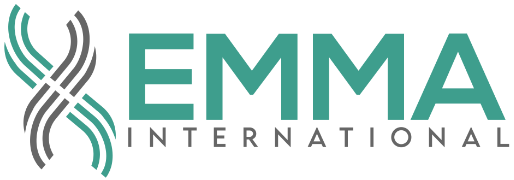A remote audit is a method of conducting an audit without the need for physical presence at the audited site. The primary objective of a remote audit is to assess the extent to which the presented evidence complies with established audit criteria. In recent years, remote audits have become increasingly common, though they differ from traditional on-site audits and require distinct preparation to ensure their effectiveness.
One of the most critical elements of a remote audit is the technology used to conduct it. Ensuring that both the auditor and auditee have reliable network connectivity is essential. Adequate bandwidth is necessary to support multiple participants in online meetings without interruptions. Additionally, all participants should be equipped with the proper audio and video equipment to ensure clear communication. It is also vital for both parties to agree on which platforms will be used for conferences and file sharing. Ensuring that everyone involved is familiar with the chosen platforms through training is an important step in preventing delays due to technical issues.
Another key factor in the success of a remote audit is ensuring that all audit participants are properly trained and available. All relevant team members should be invited to the meetings and have access to the conference at the scheduled time. It is essential to address any potential scheduling conflicts upfront and minimize them as much as possible to avoid delays during the audit process.
Like on-site audits, remote audits require a detailed agenda and timetable, which should be shared with all participants in advance. Although some impromptu interviews may be necessary during the audit, scheduling them ahead of time can help minimize interruptions and ensure the audit proceeds smoothly. This level of organization contributes to a more efficient and productive audit process.
In remote audits, the auditor’s access to the company’s Quality Management System (QMS) is another critical aspect. While many companies may be reluctant to give auditors unrestricted access to their entire QMS, it is important that the auditor has access to the relevant documentation required for the scope of the audit. This can either be done by sharing specific files or through screen sharing during the audit.
The preparation of documentation is often the most time-consuming aspect of a remote audit. All necessary documents must be ready to be shared electronically via the agreed-upon platform. For companies that do not have an electronic QMS (eQMS), this may involve scanning all relevant documents into an electronic format in advance. Given that scanning can be a lengthy process, understanding the audit’s scope beforehand is crucial to ensure that only the necessary documents are prepared. However, if a document has not been scanned in advance and the auditor requests it, quickly locating, scanning, and uploading the document can prevent delays and keep the audit on track.
As remote work continues to increase, remote audits are becoming a more integral part of the regulatory and compliance landscape, especially for life science organizations. These audits are essential for ensuring adherence to industry standards and regulations. By leveraging modern technology, companies can conduct audits from anywhere, streamlining the process and maintaining regulatory compliance.
At EMMA International, we conduct both on-site and remote audits regularly, providing expert support to ensure that your audit processes run smoothly. If you need assistance with audit preparation or conducting audits for regulatory bodies, contact us at 248-987-4497 or via email at info@emmainternational.com. We are here to support your compliance needs.






